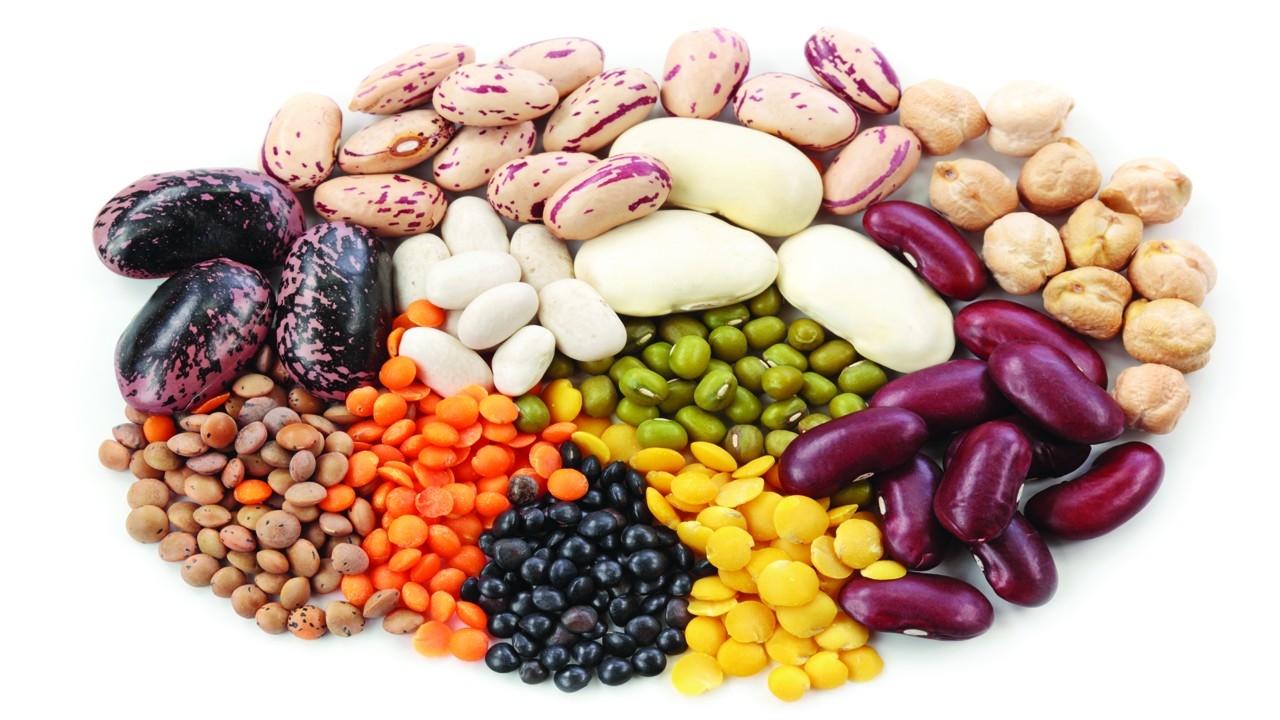Beans, Not So Good for Your Heart!

Phytates Bind Essential Minerals in Your Diet
Dr. J. J. Gregor DC
If I told you that a chemical, called phytates, found in one food group had been linked to osteoporosis, depression, cardiovascular disease, type II diabetes, dementia, bowel dysfunction, potential male impotence, and iron deficiency anemia, would you eat those foods? Although it seems pretty impossible, there is one toxic food that can cause all of these problems. This horrible plague of phytates are naturally found in any grain, nut, seed or legumes:
Wheat, Oats, Quinoa, Spelt, Almonds, Soybeans, etc. All have significant amounts of Phytic Acid or phytates. These phytates are what are called chelators, meaning they bind things up, which prevents your gut from absorbing them.
Now if we were to simply talk about chelating Uranium, then that's a great thing. However, these phytates also bind up important minerals like Calcium, Magnesium, Iron and Zinc. If you eat grains, nuts, seeds or legumes you may experience some of these symptoms:
- Calcium deficiency, which can present as osteoporosis
- Magnesium deficiency, which can be related to Cardiovascular disease, Type II diabetes, high blood pressure and depression
- Iron deficiency, which will cause anemia
- Zinc deficiency, which can cause dementia, sexual dysfunction, decreased gastric function and alteration of your sense of smell and taste
So if the myriad of adverse reactions that most people have with gluten wasn’t motivation enough to avoid grains, I hope this is the push you needed to cut all grains out of your diet. Some may suggest that sprouting of the beans or grains can be beneficial, but I have clinically found this not to be true. Beans They still tend to irritate the gut and are best to be avoided in my opinion.
Stay connected with news and updates!
Join our mailing list to receive the latest news and updates from our team.
Don't worry, your information will not be shared.

